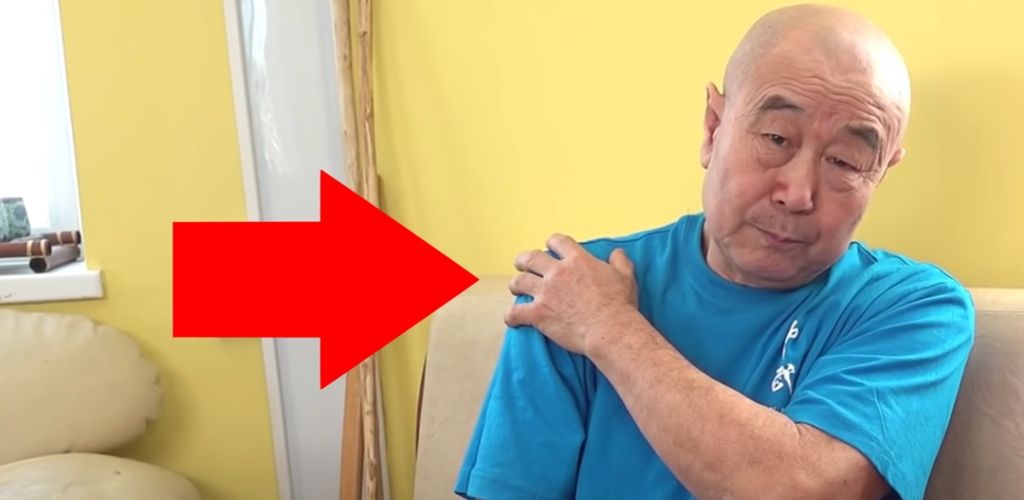27.02.2025
An old Chinese method for relieving shoulder pain: throw away the pills and try
raditional Chinese Medicine (TCM) offers several non-pharmaceutical methods for relieving shoulder pain. It’s important to note that while these techniques may provide relief for some, they are not a substitute for professional medical advice, especially for severe or persistent pain.
Here are some TCM approaches:
1. Acupressure:
- This involves applying pressure to specific points on the body, known as acupoints, to stimulate the flow of qi (vital energy) and relieve pain.
- For shoulder pain, acupoints located on the shoulder, neck, and arm are often targeted.
- You can find charts online or consult with a licensed acupuncturist for guidance on specific acupoints.
2. Moxibustion:
- This technique involves burning dried mugwort (a herb) near specific acupoints to warm and invigorate the flow of qi and blood.
- It’s often used to relieve pain caused by cold or dampness.
- Moxibustion should be performed by a trained practitioner.
3. Tui Na Massage:
- Tui Na is a form of Chinese therapeutic massage that uses various hand techniques to manipulate muscles and tendons, promoting relaxation and pain relief.
- A Tui Na practitioner can target specific areas of tension in the shoulder and neck.
4. Cupping:
- This involves placing heated glass or bamboo cups on the skin to create suction, which is believed to promote blood flow and relieve muscle tension.
- Cupping can be used on the shoulder and back to address shoulder pain.
5. Herbal Remedies:
- TCM utilizes various herbal formulas to address shoulder pain, often tailored to the individual’s specific symptoms and constitution.
- These formulas may contain herbs with anti-inflammatory and pain-relieving properties.
- It is critical to only use herbal remedies provided by a trained TCM doctor.
6. Tai Chi and Qigong:
- These gentle exercises involve slow, flowing movements that promote relaxation, improve flexibility, and enhance the flow of qi.
- Regular practice can help to prevent and relieve shoulder pain.
Important Considerations:
- Professional Guidance: It’s best to consult with a licensed TCM practitioner for diagnosis and treatment. They can assess your condition and recommend the most appropriate approach.
- Underlying Causes: Shoulder pain can be caused by various factors, including muscle strain, arthritis, and nerve impingement. It’s essential to rule out any underlying medical conditions.
- Complementary Therapy: TCM methods can be used as a complementary therapy alongside conventional medical treatment.
- Not a quick fix: TCM methods can take time, and consistent application is key.
While these methods may offer relief, they are not a substitute for professional medical advice. If you have severe or persistent shoulder pain, seek medical attention.

